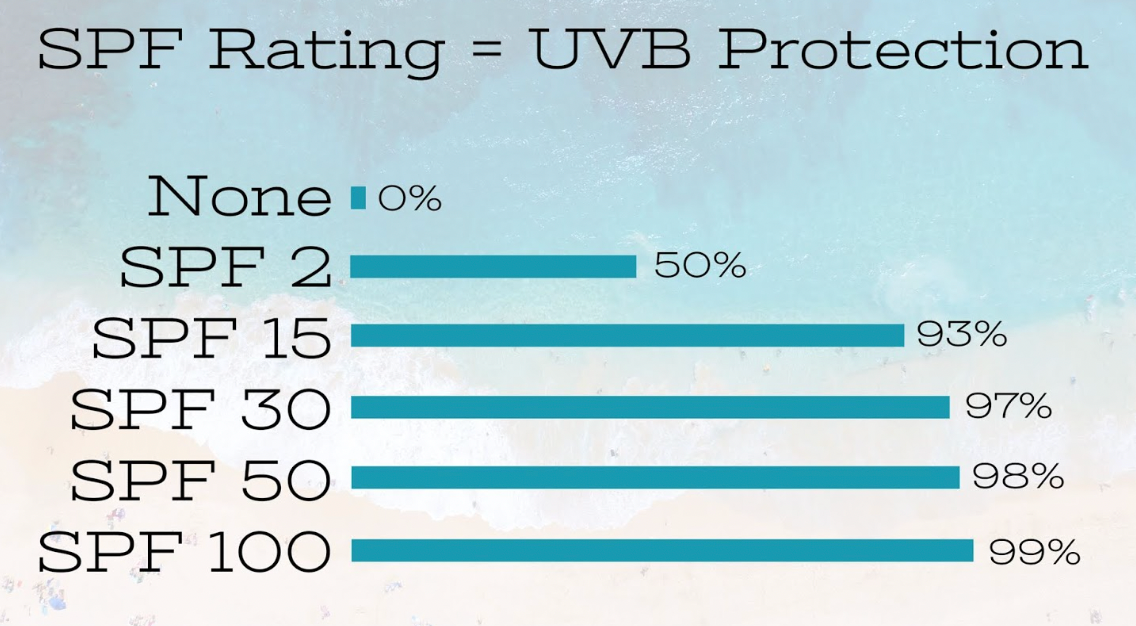
Pregnancy and Skincare: Why You Should Avoid Vitamin A
Pregnancy is a special time in a woman's life, filled with anticipation, joy, and careful consideration of what's best for both mother and baby. One important aspect of this consideration is skincare. While maintaining healthy and radiant skin is a priority for many expectant mothers, it's crucial to be aware of specific skincare ingredients that should be avoided during pregnancy. One such ingredient is Vitamin A, particularly in the form of retinoids. In this blog post, we'll delve into the reasons why it's advisable to steer clear of Vitamin A skincare during pregnancy and explore safer alternatives for maintaining your skin's health.
Understanding Vitamin A in Skincare
Vitamin A is a fundamental nutrient for the skin and overall well-being. In the realm of skincare, it often appears as retinoids, including retinol, tretinoin (commonly known as Retin-A), and isotretinoin (found in Accutane). These derivatives of Vitamin A have gained fame for their effectiveness in addressing various skin concerns, such as acne, fine lines, and wrinkles.
Why Is Avoiding Vitamin A Skincare Important During Pregnancy?
-
Risk of Birth Defects: Oral consumption of high doses of Vitamin A has been linked to an increased risk of birth defects. While the risk associated with topical application of retinoids is considered lower, it's prudent to avoid potential risks altogether during pregnancy.
-
Heightened Skin Sensitivity: Pregnancy can make your skin more sensitive and prone to irritation. Vitamin A-based products, especially those with higher concentrations, may exacerbate skin sensitivity, leading to redness, peeling, and discomfort.
-
Safer Pregnancy-Safe Alternatives: Fortunately, there are plenty of skincare alternatives that are considered safe during pregnancy. Ingredients like hyaluronic acid, niacinamide (Vitamin B3), and Vitamin C can help maintain healthy and radiant skin without the potential risks associated with Vitamin A.
Pregnancy-Safe Skincare Alternatives
During pregnancy, the well-being of both mother and baby takes center stage. Here are some pregnancy-safe skincare ingredients and practices to consider:
-
Hyaluronic Acid: Renowned for its hydrating properties, hyaluronic acid helps the skin retain moisture, promoting a plump and youthful appearance. It's safe for daily use and ideal for combating dryness.
-
Niacinamide (Vitamin B3): Niacinamide is celebrated for its ability to soothe irritated skin, reduce redness, and improve skin texture. It's a versatile ingredient that addresses various skin concerns without the risks associated with Vitamin A.
-
Vitamin C: Vitamin C is an excellent choice for brightening and evening out skin tone. It also provides antioxidant protection against free radicals.
-
Sun Protection: Sunscreen is a must-have during pregnancy and beyond. Regularly applying a broad-spectrum SPF 30 or higher helps prevent pigmentation issues that can be aggravated by sun exposure.
Consultation with a Dermatologist
If you have specific skin concerns or are unsure about which products to use during pregnancy, consider consulting a dermatologist or skincare professional. They can provide personalised recommendations tailored to your unique needs and ensure the safety of your skincare routine.
Conclusion: Prioritising Safety for Mother and Baby
While Vitamin A-based skincare products, such as retinoids, can be effective, it's advisable to avoid them during pregnancy due to potential risks. Instead, focus on pregnancy-safe ingredients and consult with a skincare professional to create a routine that keeps your skin healthy and radiant while safeguarding the well-being of both you and your baby.
Pregnancy is a beautiful journey, and taking care of your skin during this time can be both safe and enjoyable.



Leave a comment
This site is protected by hCaptcha and the hCaptcha Privacy Policy and Terms of Service apply.